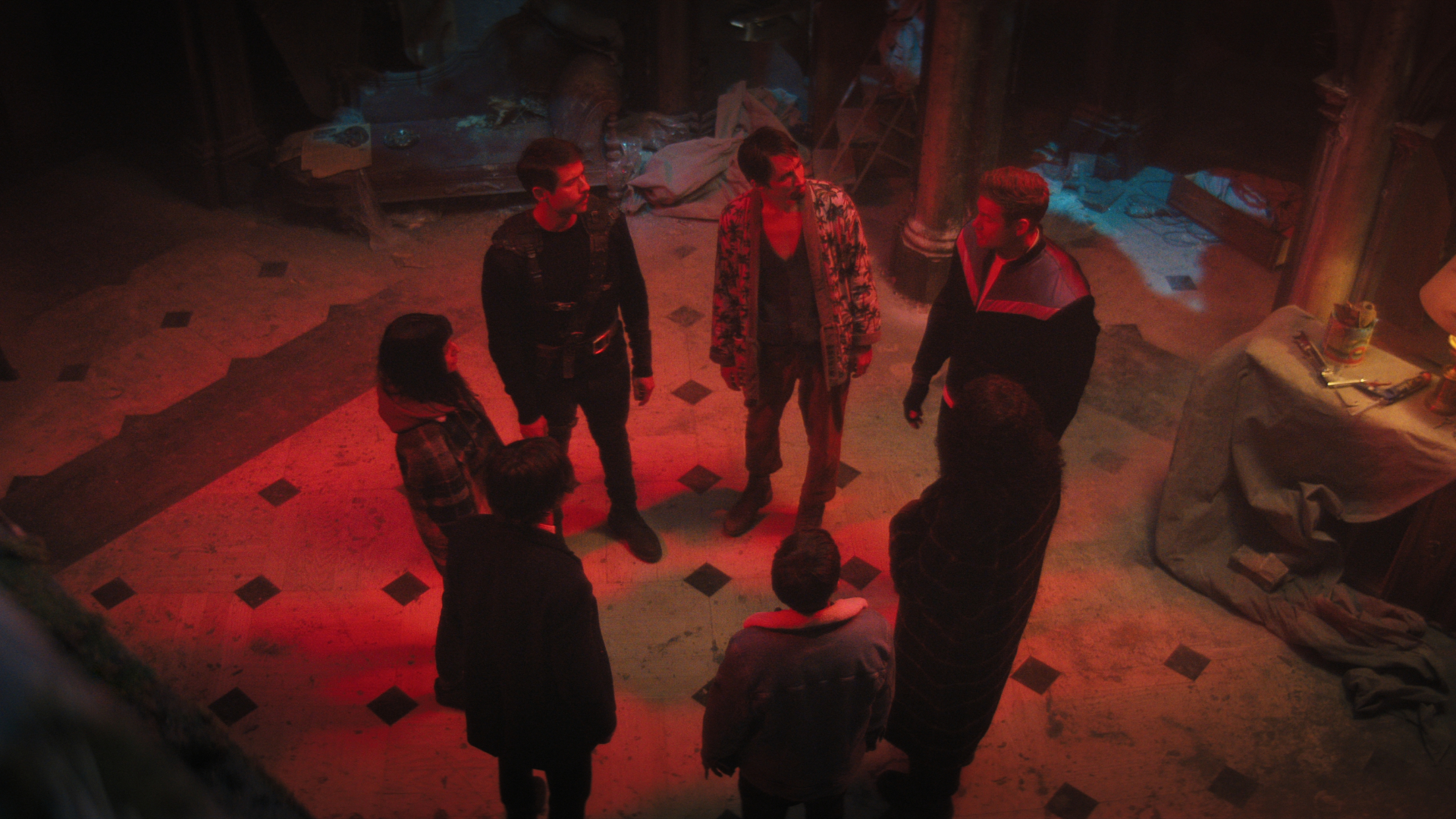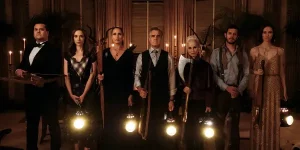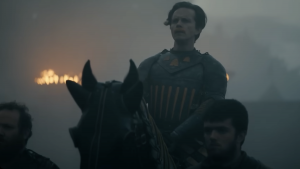
This article contains spoilers for The Umbrella Academy season 4.
For the past four seasons, The Umbrella Academy has repeatedly put its main characters through the same cycle: Uncover personal and family trauma, save the world, rinse and repeat. There was hope that the final season of the show might finally see the Hargreeves siblings find the happy ending they so desperately craved and deserved. But as much as the cheery demeanor of the series’ final sequence wants you to believe that this is the happiest ending these messy, complicated misfits could have hoped for, in reality, it’s a slap in the face to all that these characters have endured.
From their immaculate Marigold conception to their subsequent adoption and training by Reginald Hargreeves (Colm Feore), the Umbrella Academy has collectively been through an immense amount of trauma. When we first see them as adults in season 1, it’s clear that they haven’t exactly had the tools to process their “unique” upbringing. But by the time we get to season 3, it feels like there has been some growth and progress amongst the siblings. Luther (Tom Hopper) goes from single-minded leader to lovable lug and gets married to Sloane (Genesis Rodriguez). Klaus (Robert Sheehan) has a profound experience with death. Viktor (Elliot Page) comes out as trans to overwhelming support from his family. They’ve found a way to make the most of their existence together, for better and for worse.
But despite the changes we’ve seen in these characters over the years, we don’t get to continue to see them grow in season 4. Obviously, they aren’t going to get over decades of trauma in six episodes, but the ending they received wasn’t exactly fair either.
We don’t get to see Sloane at all, or even figure out for sure if she made it to the new timeline. Luther doesn’t even acknowledge her existence, which is incredibly out of character from the lovesick himbo we got to see him be in season 3. Series showrunner Steve Blackman says that this was due to logistics, as Netflix cut the budget for the final season. Blackman tells TVLine “I wanted Sloane to be alive, just not remembering Luther, and him trying to get her to love him again. For logistical reasons, we just couldn’t make it work. We just couldn’t make it happen.”
This is understandable, albeit unfortunate. Including that storyline would have made a lot more sense than some of the other threads we got this season and would have given Luther something compelling to do other than look hot, join the CIA for some reason, and then fade from existence like the rest of his family.
However, this thread with Luther isn’t the only characteristic oversight that occurs this season. Klaus’ entire storyline is hard to watch, as he spends the majority of the season struggling with his addiction and being forced to use his body to pay back debts. There are a lot of ways to portray a relapsing addict with compassion and care, and this is definitely not it, not after the journey we’ve seen Klaus go on for the last three seasons.
Viktor is the only one who really gets to have any kind of closure with Reginald, and even then it’s not his Reginald. Allison (Emmy Raver-Lampman) finally tries to do right by her daughter, and is forced to give her up. Lila (Ritu Arya) and Five’s (Aidan Gallagher) whole time paradox subway love story is confusing and unnecessary. Luther and Diego (David Castañeda) are kind of just there.
It’s not fair that these characters don’t actually get to have a big heroic moment. They are forced to pay the ultimate price for the sins and greed of the father who brought them into existence in the first place, and their prize is that they don’t even get to see the beautiful world they helped save.
This kind of ending sends the message that trauma will always win, that there’s no overcoming it no matter how much you endure or fight. This ending argues that the very essence of these characters is so volatile, so out of line with the fabric of reality that the world can only function without them in it. It’s not hopeful. It’s not beautiful. It’s utterly and totally devastating, especially for the queer audience this show has cultivated.
Queer people are somewhat used to being told that we’re broken, that we don’t matter, but it’s still jarring to see it literally depicted in the ending of a fairly progressive superhero show. To see The Umbrella Academy end like this feels like such a stab in the back after everything that these characters have fought for. These characters deserved a happy ending, they deserved to live in the world that they saved, they deserved a chance to finally lead fulfilled lives. They deserved so much more than season 4 gave them.
All four seasons of The Umbrella Academy are available to stream on Netflix now.
The post The Umbrella Academy Deserved a Happy Ending appeared first on Den of Geek.







